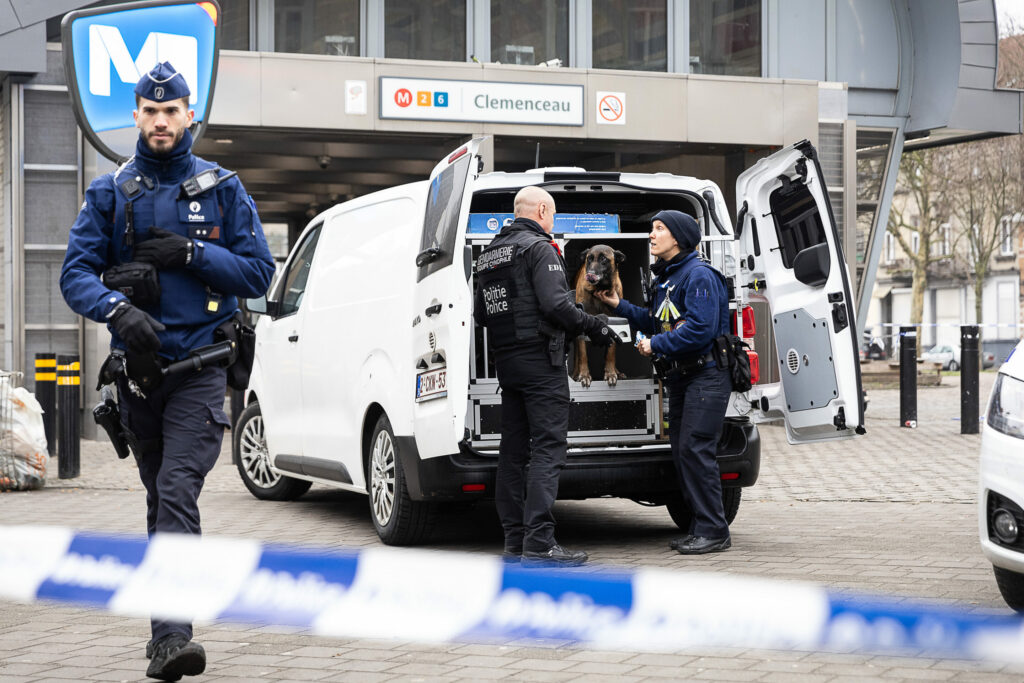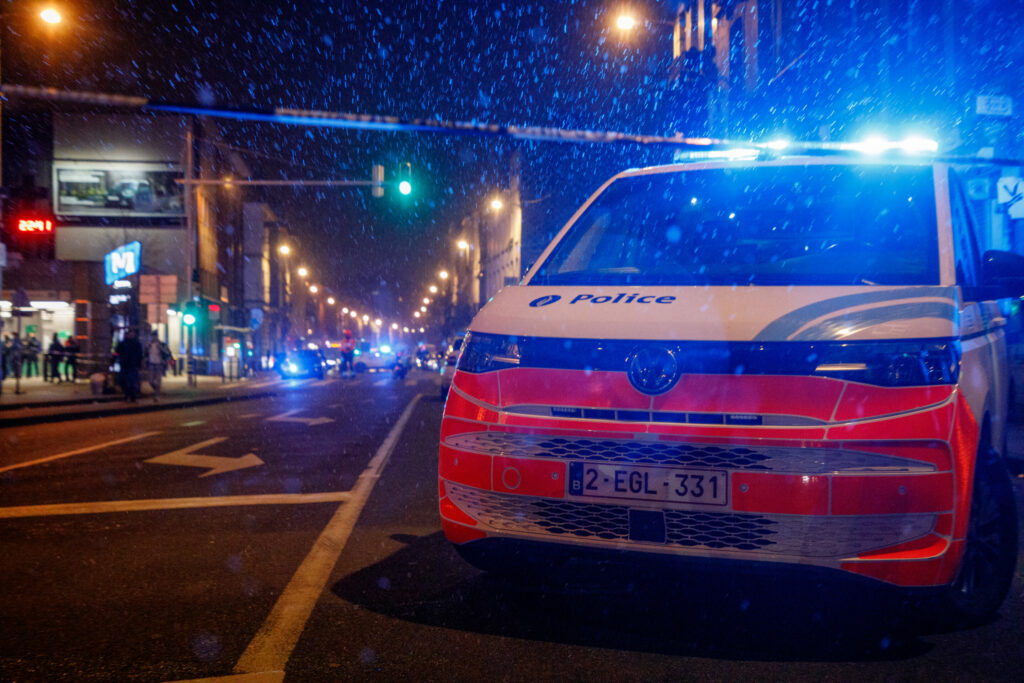Wednesday marks exactly one month since the first of a series of shootings in Anderlecht took place. In the two weeks that followed, two people were killed and several were injured in more shootings. But where does Brussels stand in its fight against drug violence?
While shootings were interspersed with meaningless press conferences and surveillance footage of two gunmen carrying Kalashnikovs in a Brussels metro station circulated on social media, Brussels residents despaired at the violence. But no solution was presented.
"Since then, two suspects have been arrested for the first shooting at the Clémenceau metro station on 5 February," Brussels' Public Prosecutor's Office spokesperson Willemien Baert told The Brussels Times. They will remain in prison for at least another month. "The investigations into the other shootings are still ongoing."
However, The Brussels Times has learned that there is no new strategy to combat the phenomenon, merely the implementation of measures that were already presented by Brussels' Public Prosecutor Julien Moinil when he assumed his position at the start of the year.
Broader problem
Following that first shooting right before the morning rush hour on Wednesday 5 February at Clémenceau, six more took place over the space of two weeks. On 6 February, one person was injured when shots were fired at Clémenceau again. The next day, another person was killed in the Peterbos neighbourhood in Anderlecht.
The week after, shots were again fired at the Clémenceau metro station, killing a 19-year-old on 15 February. On Monday 17 February, two shootings took place: shots were fired at the Saint Guidon metro station around 02:00 and again that evening, injuring one person. The final shooting took place on 19 February, when 23 bullets were fired at a house near Clémenceau.
"[Moinil] is now speaking with all concerned parties to see what can be done," said Baert. "This includes the concerned police zones but also mayors. Drug violence is a problem that needs to be addressed more broadly than just at the police and judicial level."
In addition to the police zones and mayors, Moinil also had conversations with outgoing Brussels Minister-President Rudi Vervoort (PS), the national drugs commissioner, and the ministers for Justice and the Interior. "We are looking into which specific actions can be taken in specific areas."

Police pictured outside the Clémenceau metro station, which was closed off after a shooting on Wednesday morning. Credit: Belga / James Arthur Gekiere
In the Midi zones, several establishments have been checked by police: night shops, restaurants, cafes, and snack bars. "They are in the hotspots and are also used or frequented by people involved in the sale of drugs," Baert clarifed.
Speaking in the Brussels Parliament in mid-February, Moinil stressed that police under-capacity has created a "disastrous" situation. He added that the challenges were "clearly" at the federal level. "I do not want a political war, that is not my role. But it cannot continue like this."
He also cited the promise made by Belgium's new Interior Affairs Minister Bernard Quintin (MR) to strengthen the federal police.
The Brussels Times contacted Quintin's office, as well as the offices of Justice Minister Annelies Verlinden (CD&V) and Prime Minister Bart De Wever (N-VA), for more information about which measures are being taken to prevent a repeat of February's series of shootings, but did not receive a response by the time of publication.

